Optimal Weather for Garage Brick Repairs
Garage brick repairs are most effectively performed during specific weather conditions to ensure proper curing and adhesion. Optimal times include dry, moderate temperatures with low humidity, typically in late spring or early fall. Avoiding extreme cold or heat prevents issues such as freeze-thaw damage or rapid drying that can compromise repair integrity.
Dry, mild weather with consistent temperatures supports proper brick adhesion and curing.
Spring and fall offer the best conditions, avoiding the challenges of winter cold and summer heat.
Rain, snow, or extreme temperatures can delay repairs or affect the quality of the work.
Planning repairs during optimal weather windows ensures durability and longevity of the brickwork.

Workers repairing bricks during mild, dry spring weather.
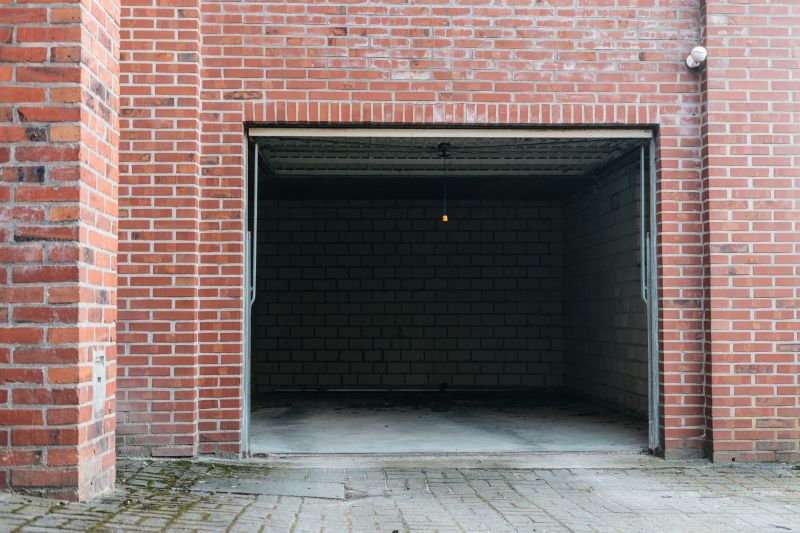
Preparing garage bricks for colder months with timely repairs.
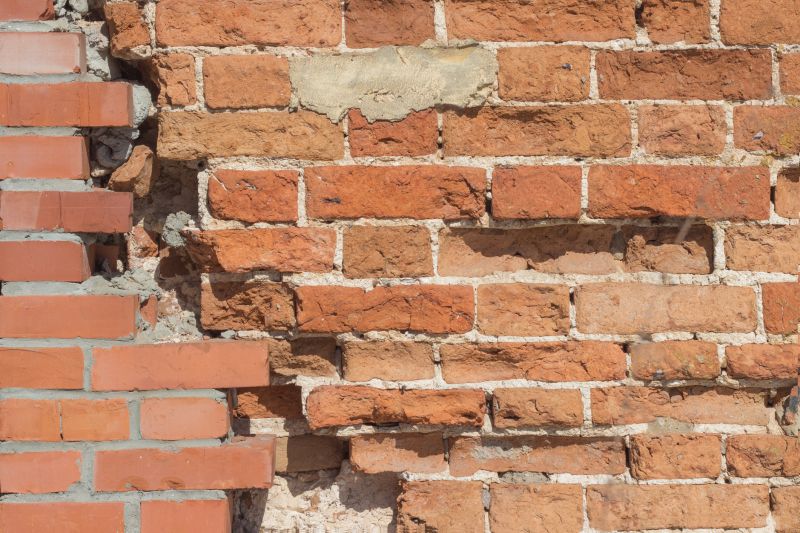
Close-up of brickwork showing proper curing in ideal weather.
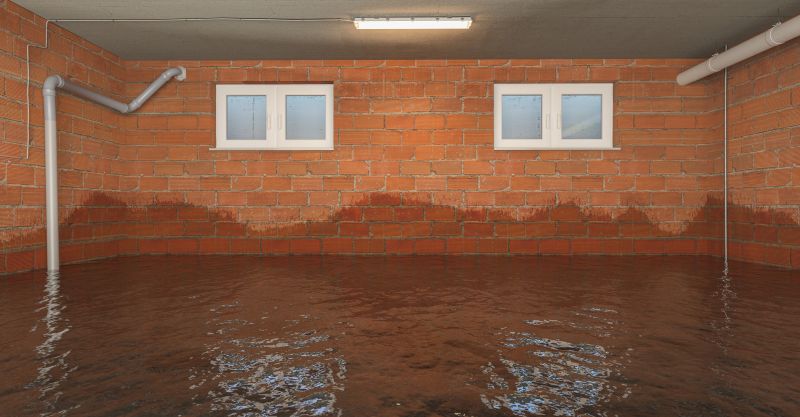
Ways to make Garage Brick Repairs work in tight or awkward layouts.
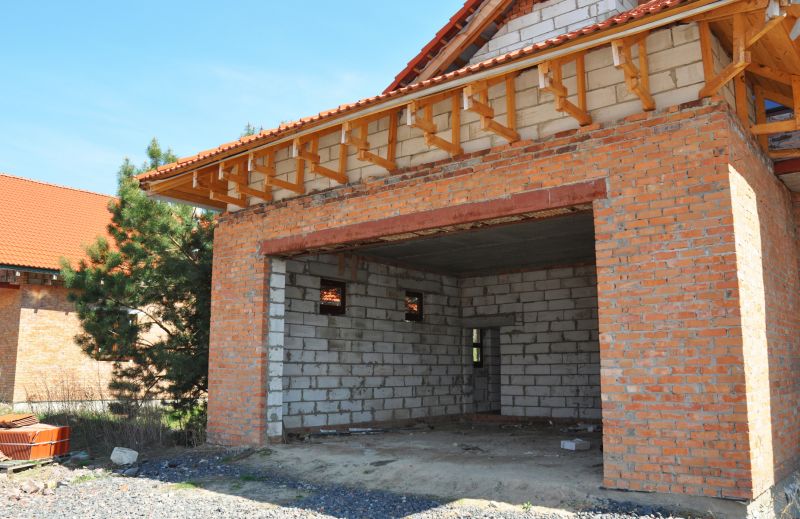
Popular materials for Garage Brick Repairs and why they hold up over time.
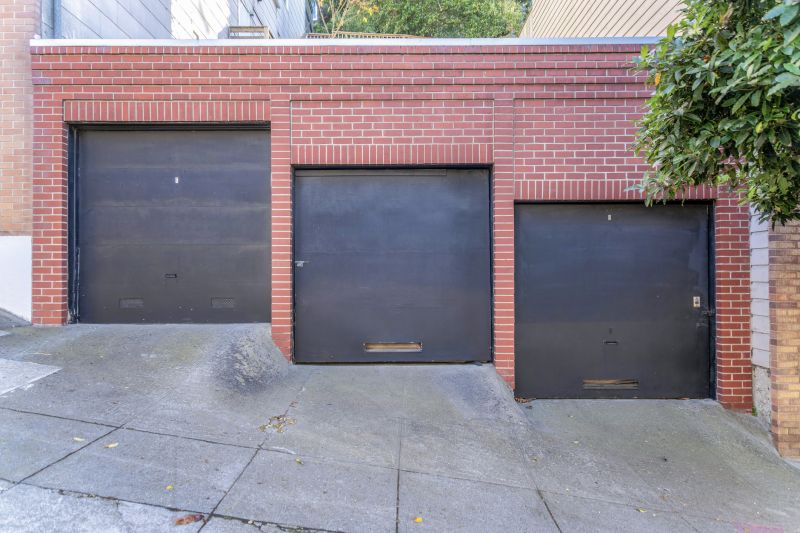
Simple add-ons that improve Garage Brick Repairs without blowing the budget.
| Season | Best Practices |
|---|---|
| Spring | Schedule repairs after the last frost for optimal results. |
| Summer | Avoid peak heat hours to prevent rapid drying. |
| Fall | Complete repairs before the onset of cold weather. |
| Winter | Generally not recommended due to freezing temperatures. |
| Late Fall/Early Spring | Ideal transition periods for repairs. |
Garage brick repairs involve restoring damaged or deteriorated brickwork to maintain structural integrity and appearance. Proper timing ensures that repairs are durable and resistant to weather-related damage. Brick repair techniques include repointing, replacing damaged bricks, and sealing joints to prevent moisture intrusion. Statistics indicate that timely repairs can extend the lifespan of garage brick structures by several decades, reducing the need for extensive future work.
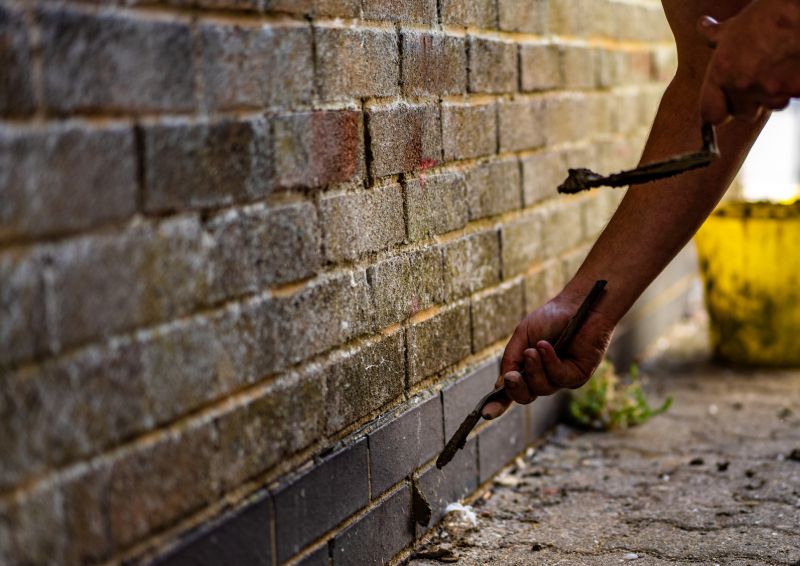
Applying fresh mortar to damaged brick joints.
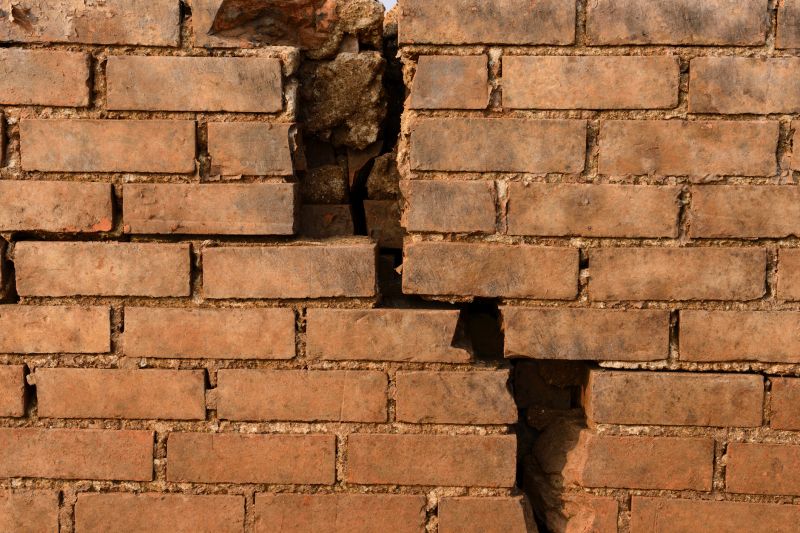
Removing and installing new bricks for structural stability.
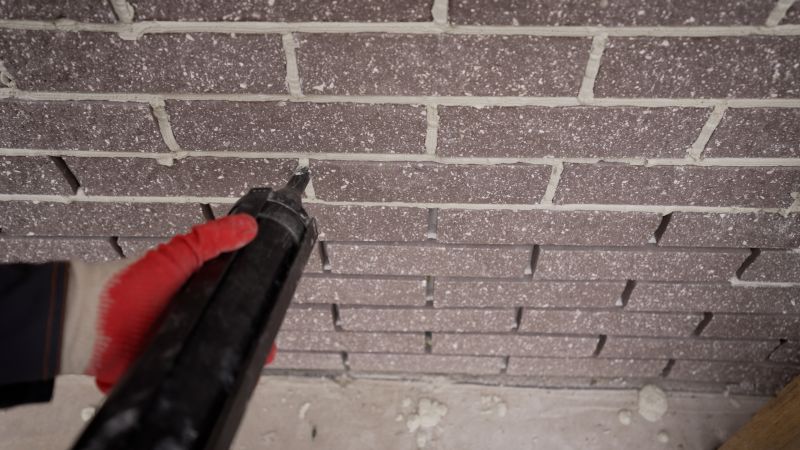
Applying sealant to prevent moisture penetration.
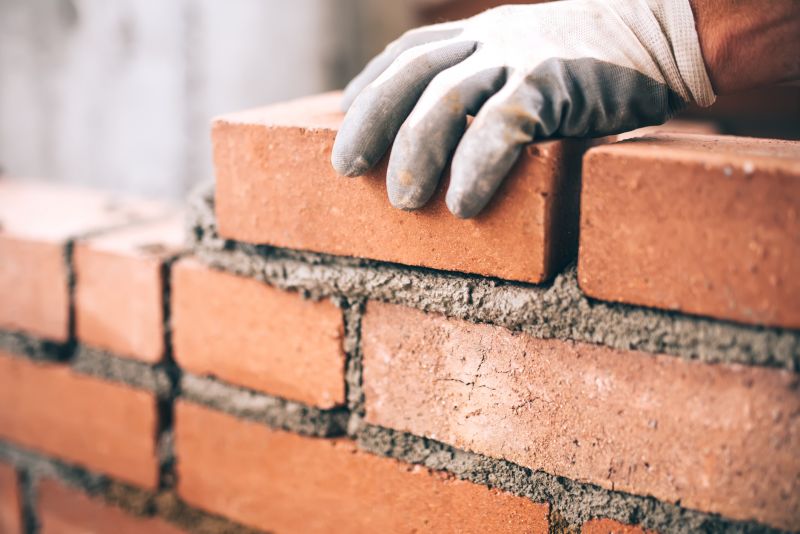
Restored brick surface with uniform appearance.
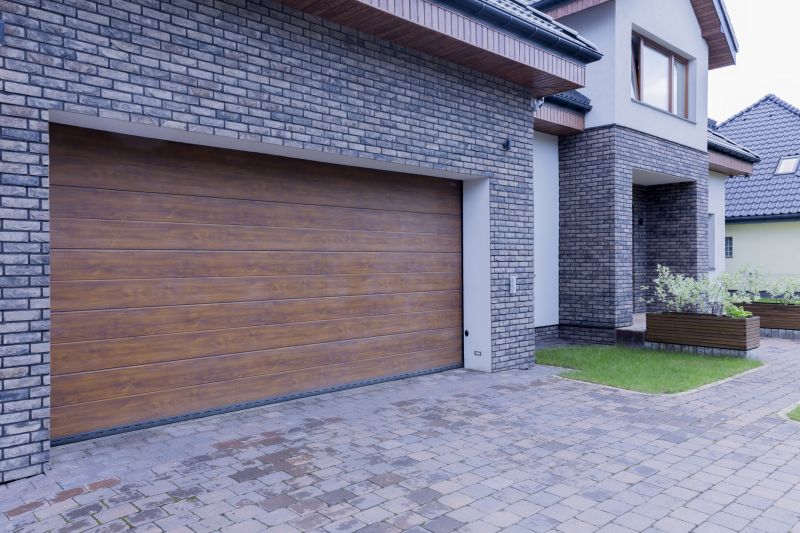
High-end options that actually feel worth it for Garage Brick Repairs.
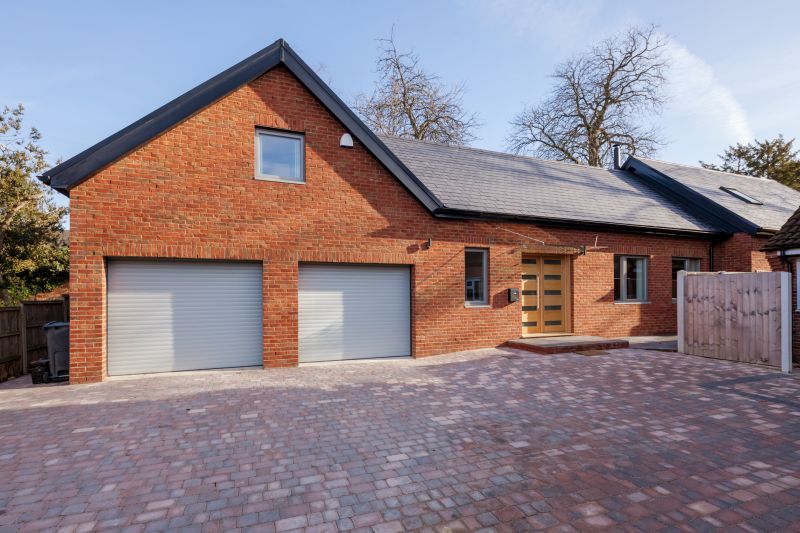
Finishes and colors that play nicely with Garage Brick Repairs.
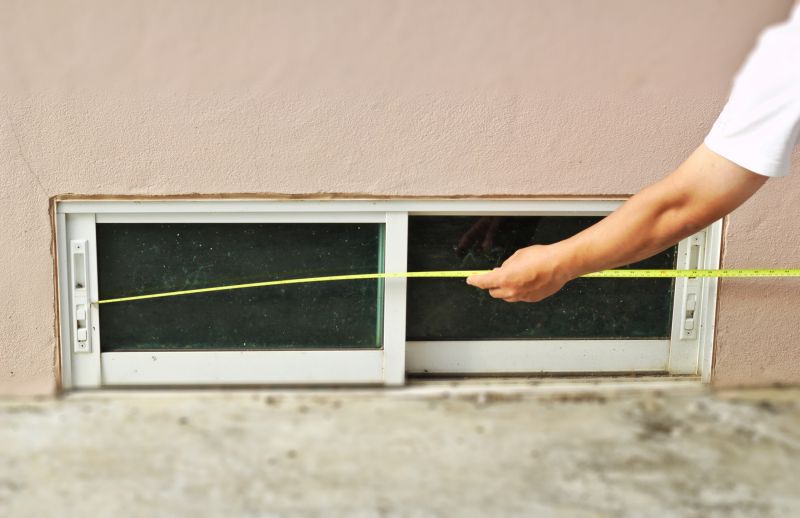
Little measurements that prevent headaches on Garage Brick Repairs day.
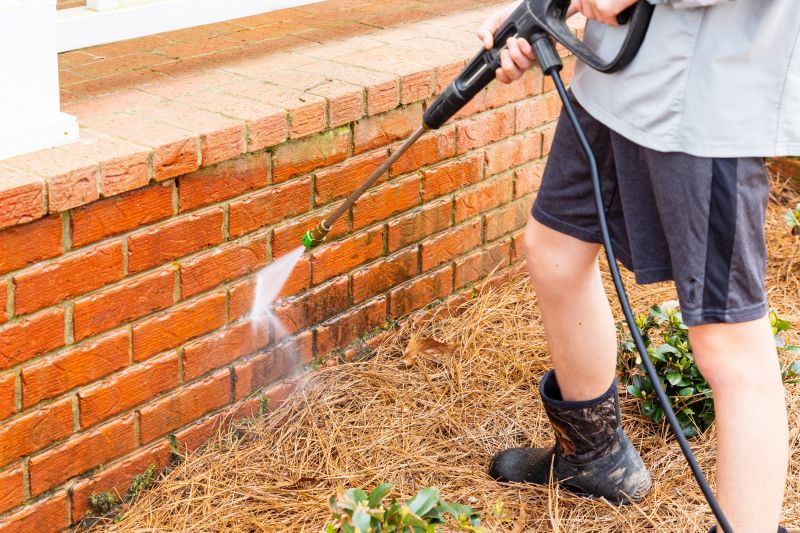
A 60-second routine that keeps Garage Brick Repairs looking new.
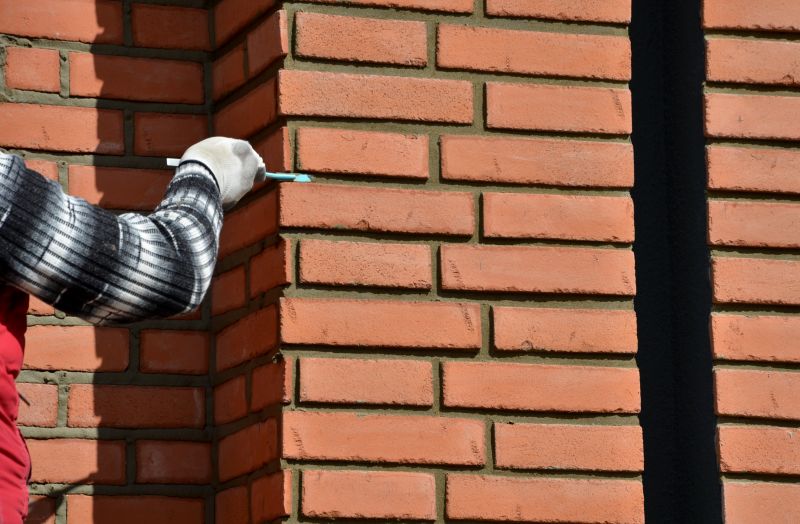
A frequent mistake in Garage Brick Repairs and how to dodge it.
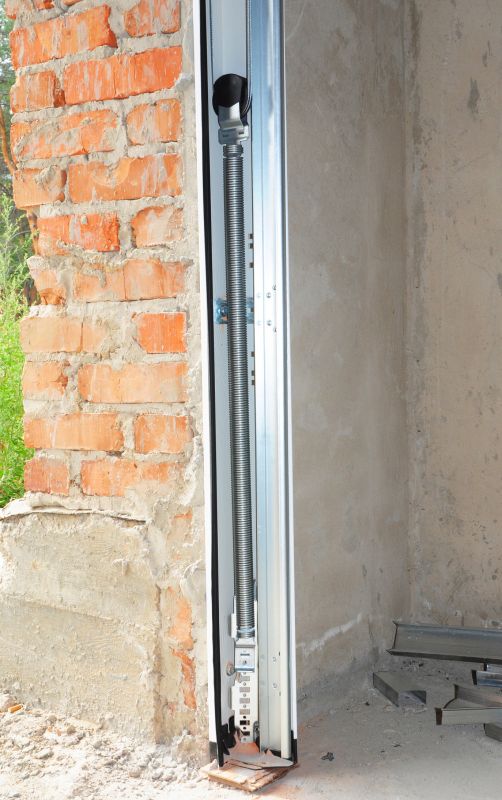
Small tweaks to make Garage Brick Repairs safer and easier to use.
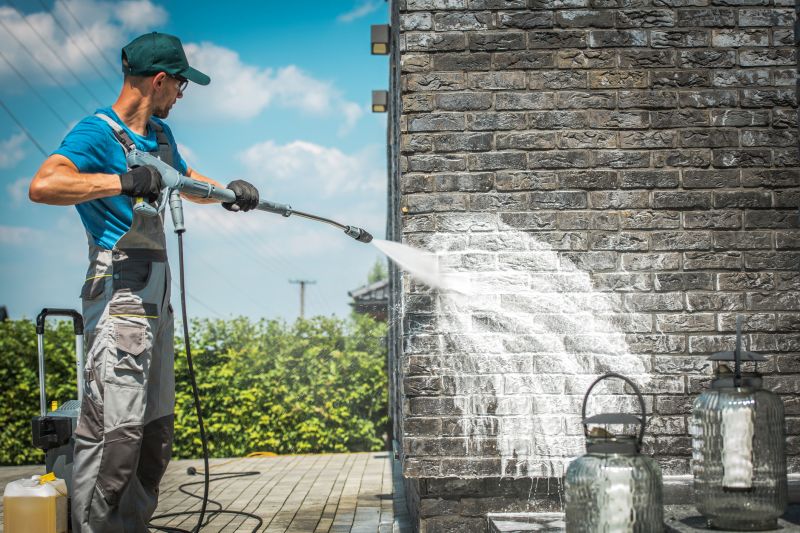
Lower-waste or water-saving choices for Garage Brick Repairs.
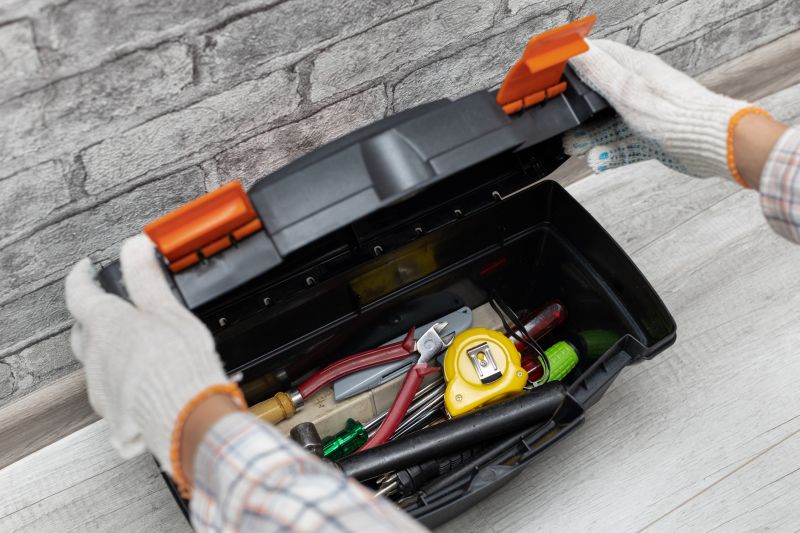
The short, realistic tool list for quality Garage Brick Repairs.
Interested in garage brick repairs? Filling out the contact form can provide more information and schedule a consultation to assess the specific needs of the property.
